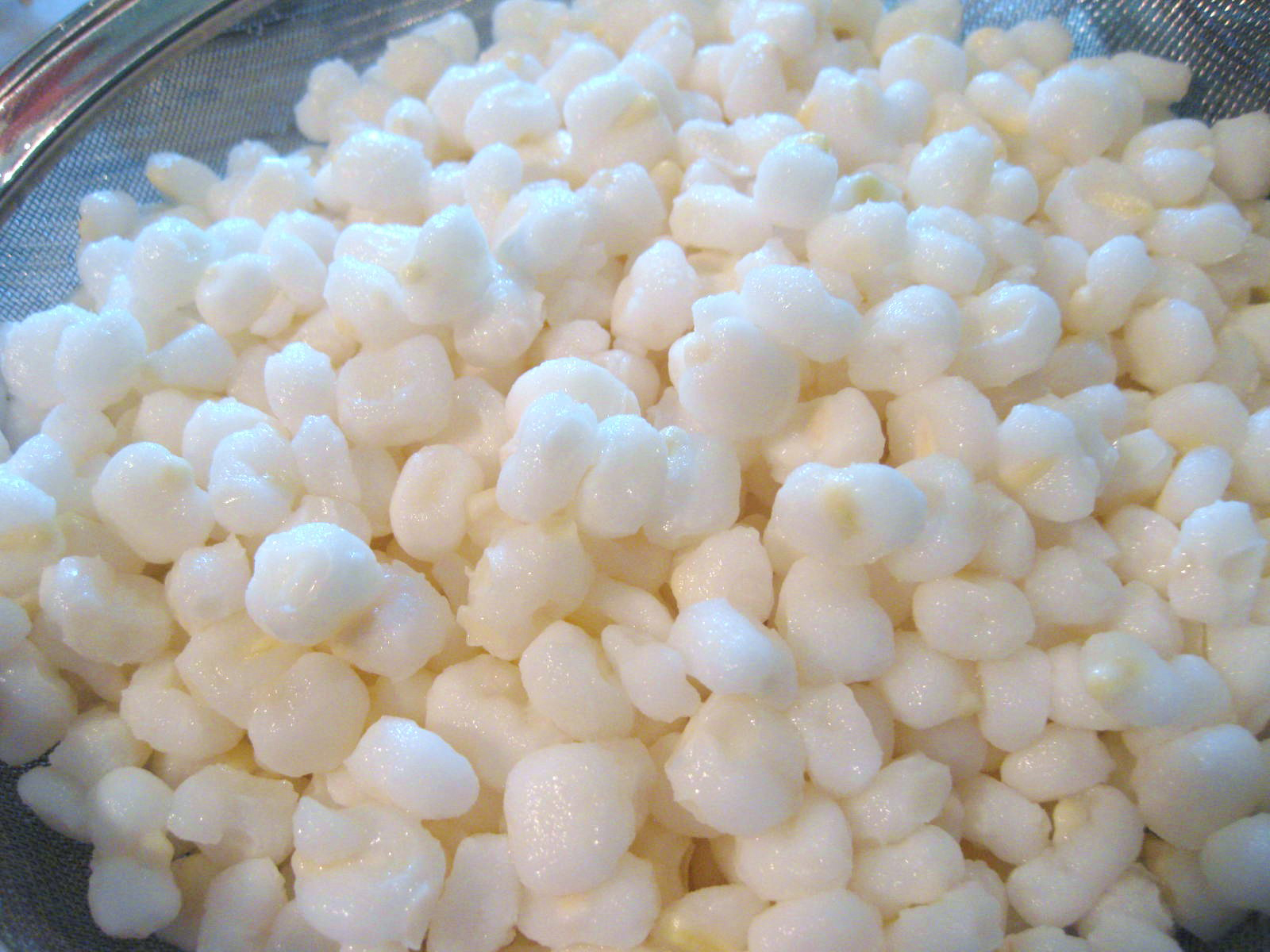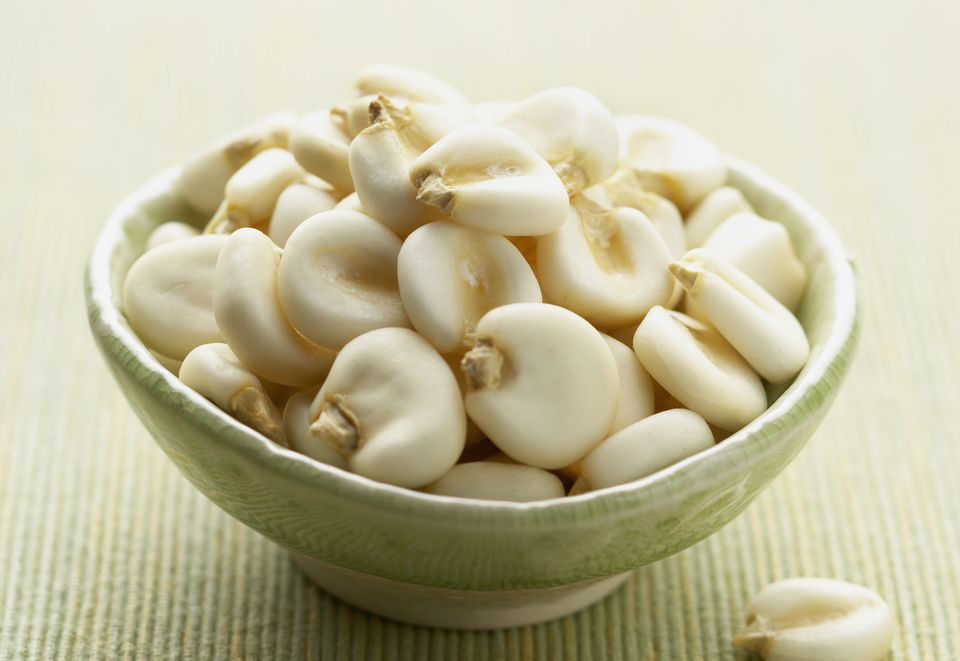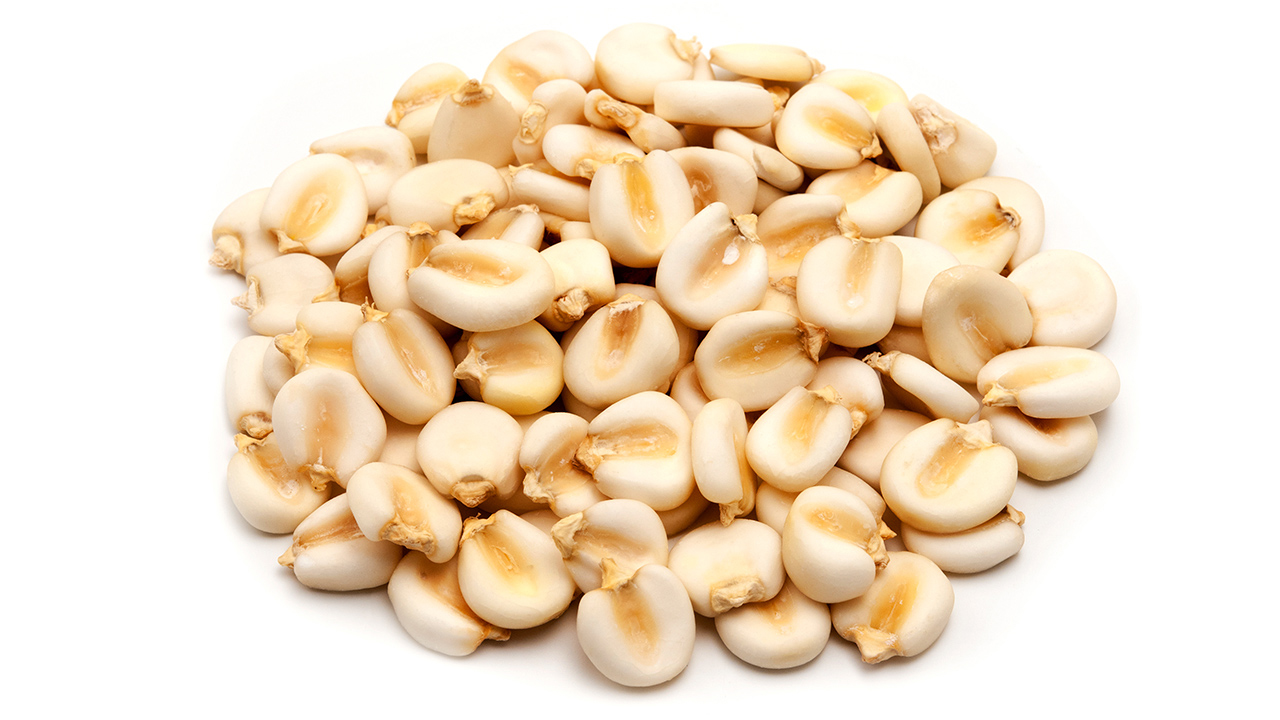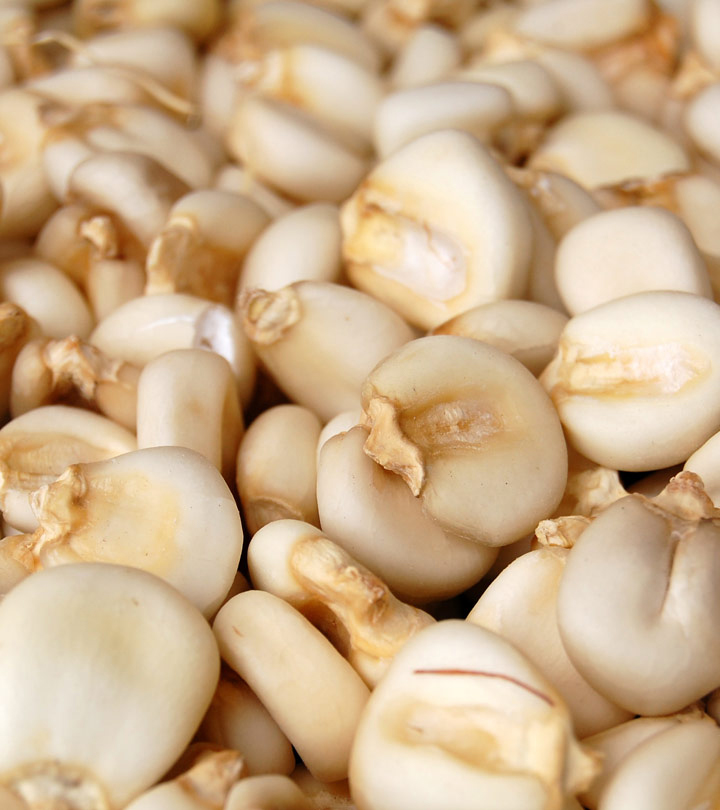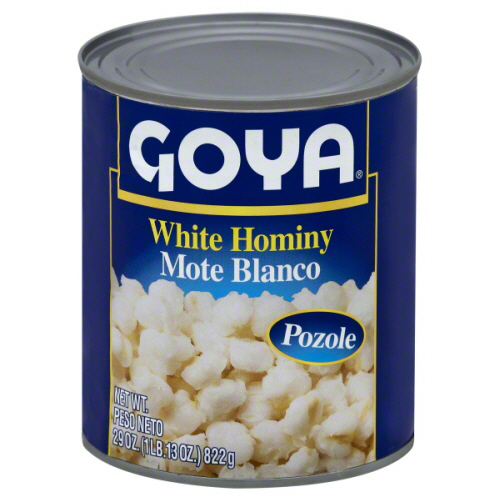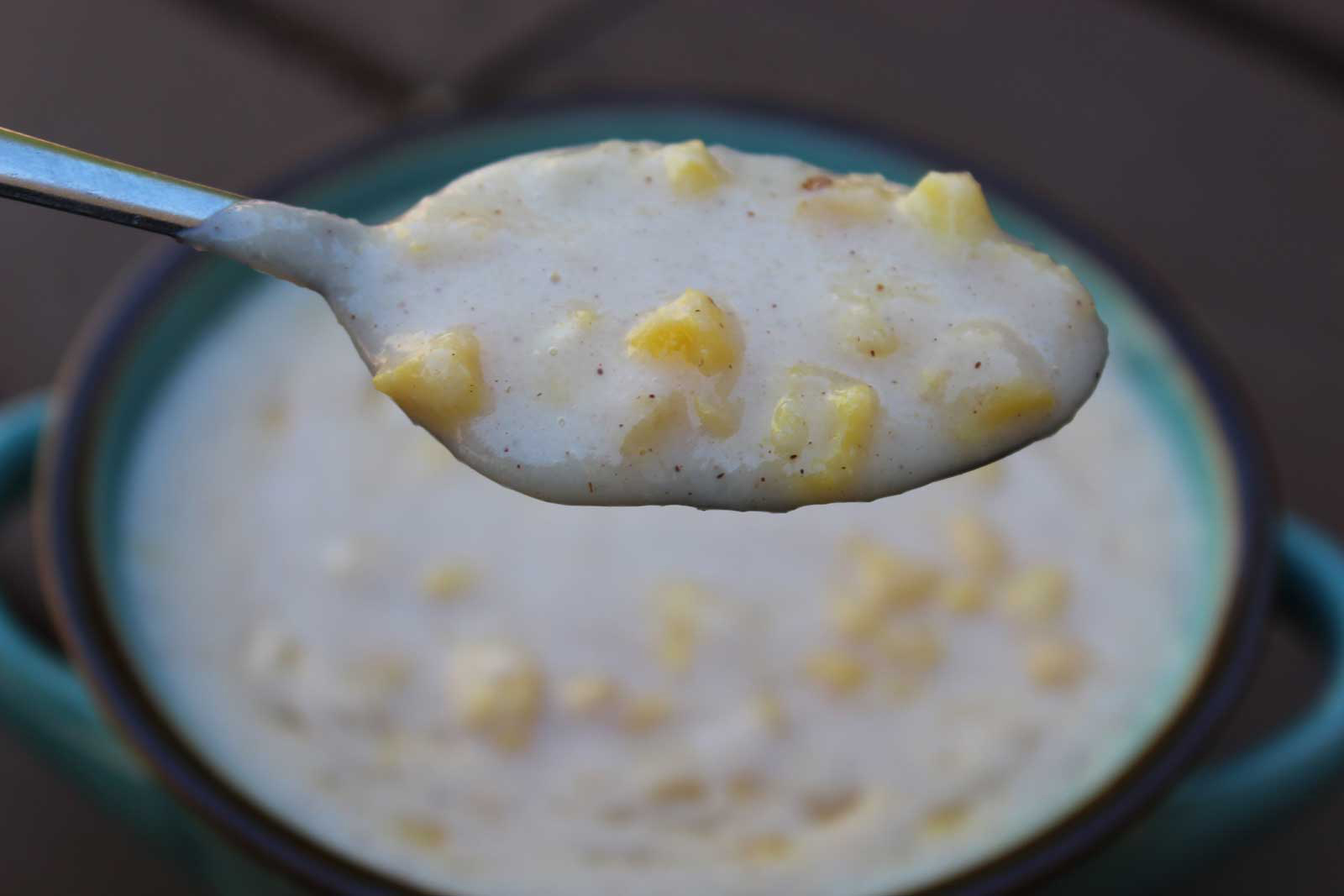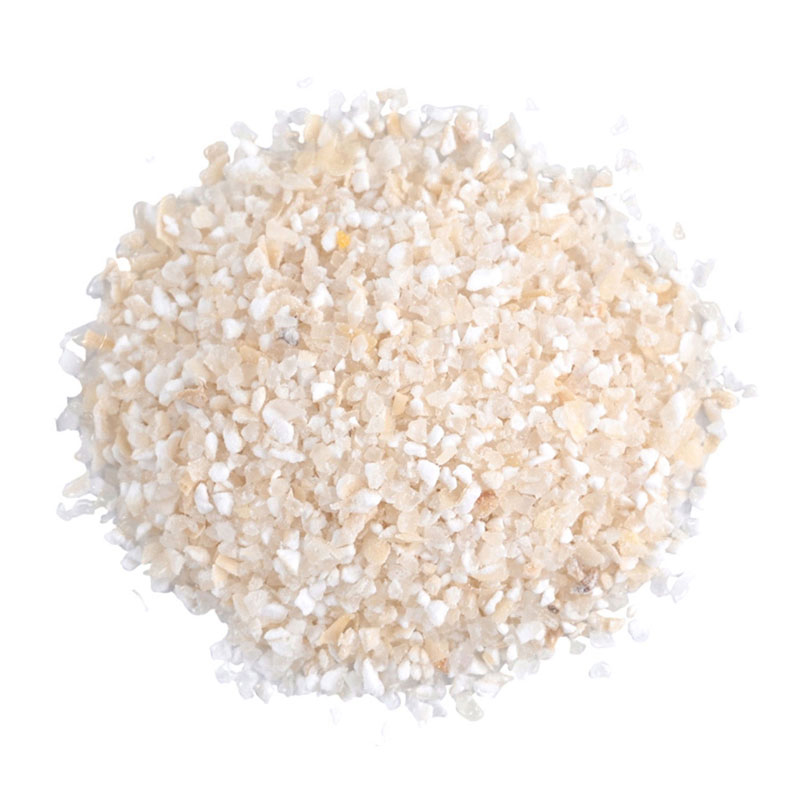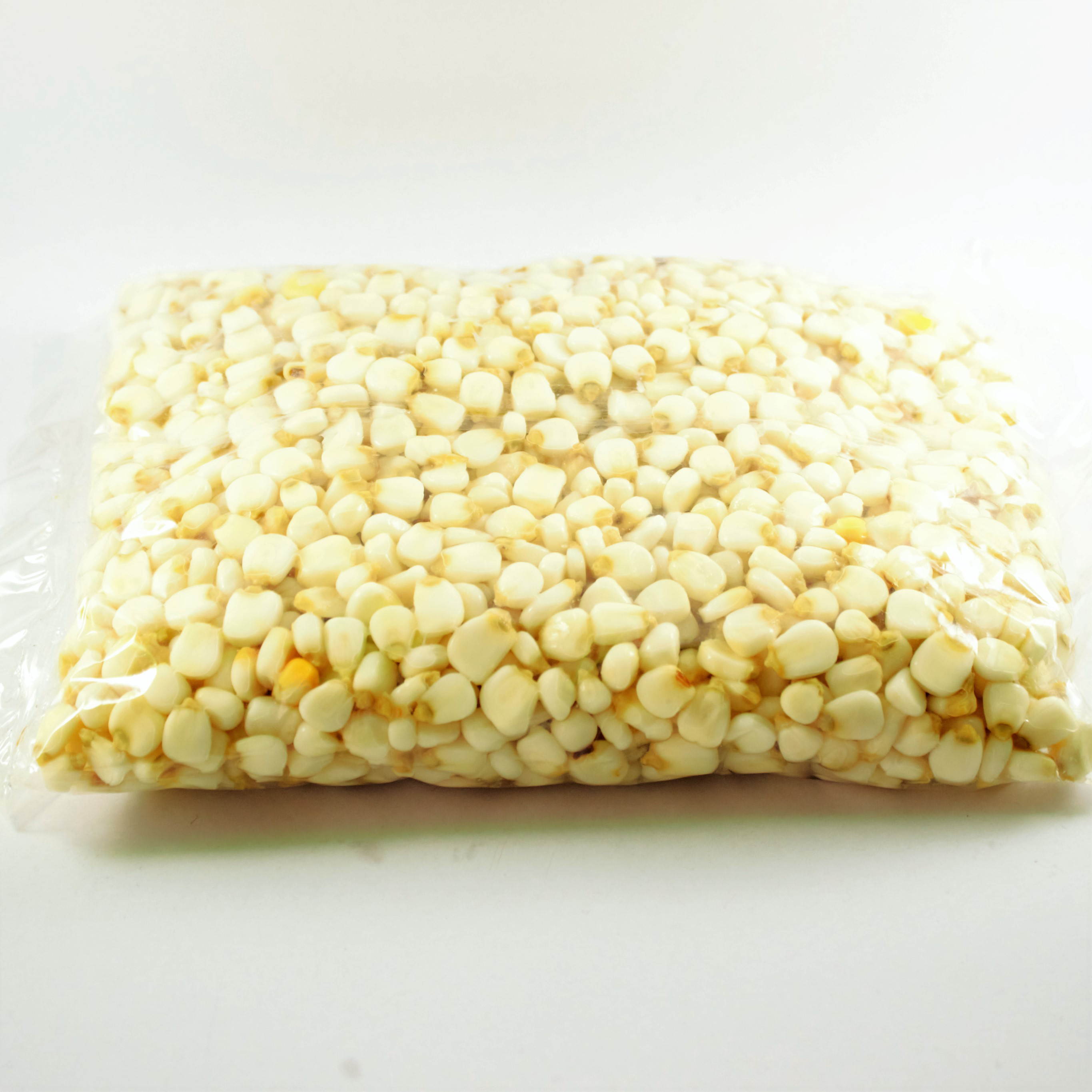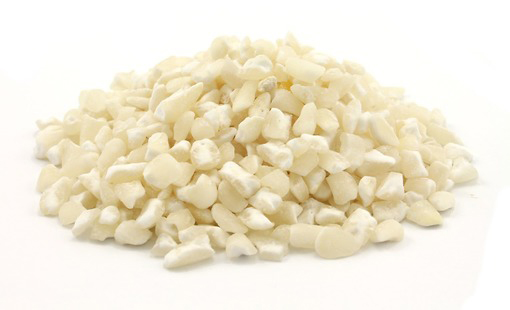Health Benefits of Hominy
Let us discuss on the health benefits provided by Hominy:
- Vitamin B
Hominy is treated in an alkaline solution that promotes bioavailability of Vitamin B found in corn kernel. After nixtamalization, the body more readily gets bound form of vitamin. It prevents body from diseases caused by nutrient deficiency. Vitamin B assists in production of energy and formation of red blood cells in the body.
- Content of fiber
Hominy has high content of fiber which promotes the daily requirement for fiber. A cup of hominy grants 4 gm of fiber which becomes a superfood when added to additional fiber dishes such as Mexican posole. Fiber provides the feeling of satiety and maintains digestive health. It also regulates the level of blood sugar, lowers cholesterol, control diabetes and also manages weight.
- Low in calories
It has sufficient amount of nutrition with low amount of calories. The serving size of a cup offers 120 calories. It has fiber keeps one full for longer time period.
- Free from gluten
Hominy is a great choice for those searching for gluten free food stuffs. Canned hominy is gluten free naturally. Being rich in carbohydrates, it is a great source of energy. Hominy is a great choice for people with celiac diseases.
- Low in sugar
Hominy holds only 3 grams of sugar in one cup. Excessive intake of sugar has harmful effect on health. Our diet consists of sugary beverages and foods. So intake of hominy is a great idea as it is low in sugar. It also lowers the chances of obesity and diabetes.
- No fat
It is recommended to consume hominy if one is trying to lose weight. It has high content of carbohydrate and no fat so it is great if added to the diet.
How to Eat
- The recipes of Hominy are pozole, hominy chili, hominy bread, casseroles, hog n hominy and fried dishes.
- It is mixed with water and milk for making atole, a beverage that is flavored with chocolate in Mexico.
- Hominy grits are used as a breakfast cereal.
- Mostly it is used in soups, cornbread, dumplings, fried meat and vegetables.
References:
https://en.wikipedia.org/wiki/Hominy
https://www.huffingtonpost.com/2014/06/23/hominy-what-is-it_n_5515126.html
https://www.thekitchn.com/h-is-for-hominy-what-is-it-and-100215
https://www.thespruceeats.com/hominy-corn-995715
http://www.stylecraze.com/articles/reasons-why-you-should-include-hominy-in-your-diet/#gref
Comments
| Hominy Quick Facts | |
|---|---|
| Name: | Hominy |
| Calories | 119 Kcal./cup |
| Major nutrients | Sodium (29.40%) Carbohydrate (18.10%) Zinc (15.73%) Iron (12.75%) Total dietary Fiber (10.79%) |
| Health benefits | Vitamin B, Content of fiber, Low in calories, Free from gluten, Low in sugar |
| Name | Hominy |
|---|---|
| Flavor | Deep, earthy-nutty |
| Major Nutritions | Sodium, Na 441 mg (29.40%) Carbohydrate 23.53 g (18.10%) Zinc, Zn 1.73 mg (15.73%) Iron, Fe 1.02 mg (12.75%) Total dietary Fiber 4.1 g (10.79%) Selenium, Se 5 µg (9.09%) Leucine 0.333 g (9.01%) Phosphorus, P 58 mg (8.29%) Magnesium, Mg 26 mg (6.19%) Valine 0.127 g (6.01%) |
| Health Benefits |
|
| Calories in 1 cup (165 g) | 119 Kcal. |



